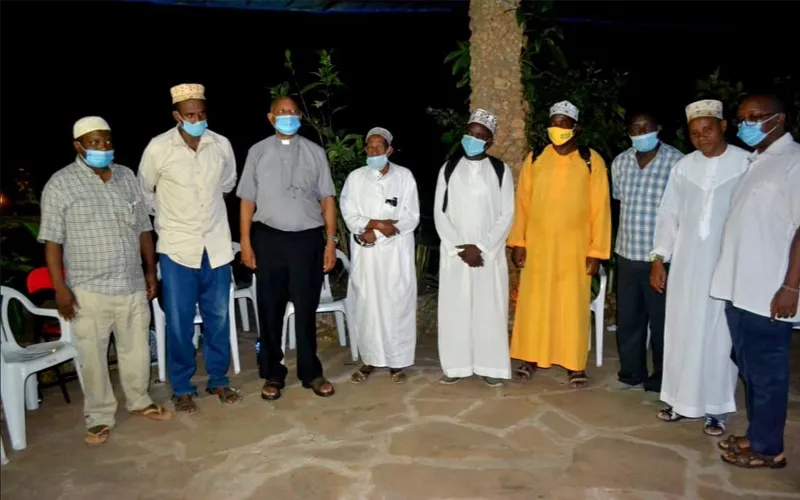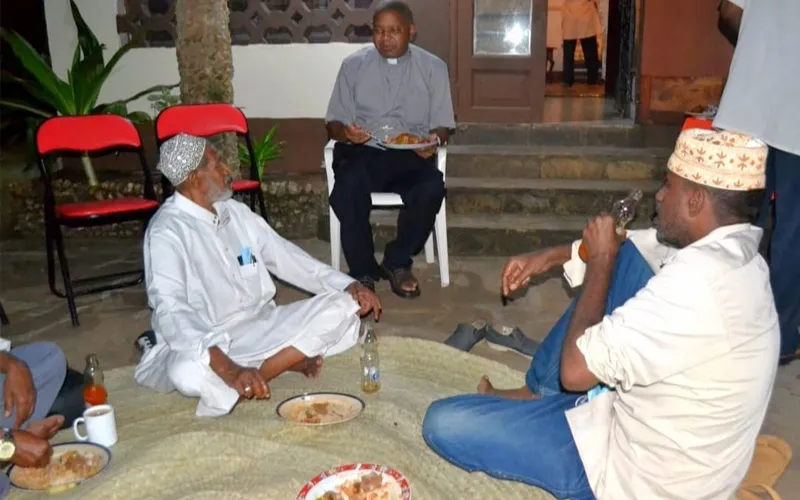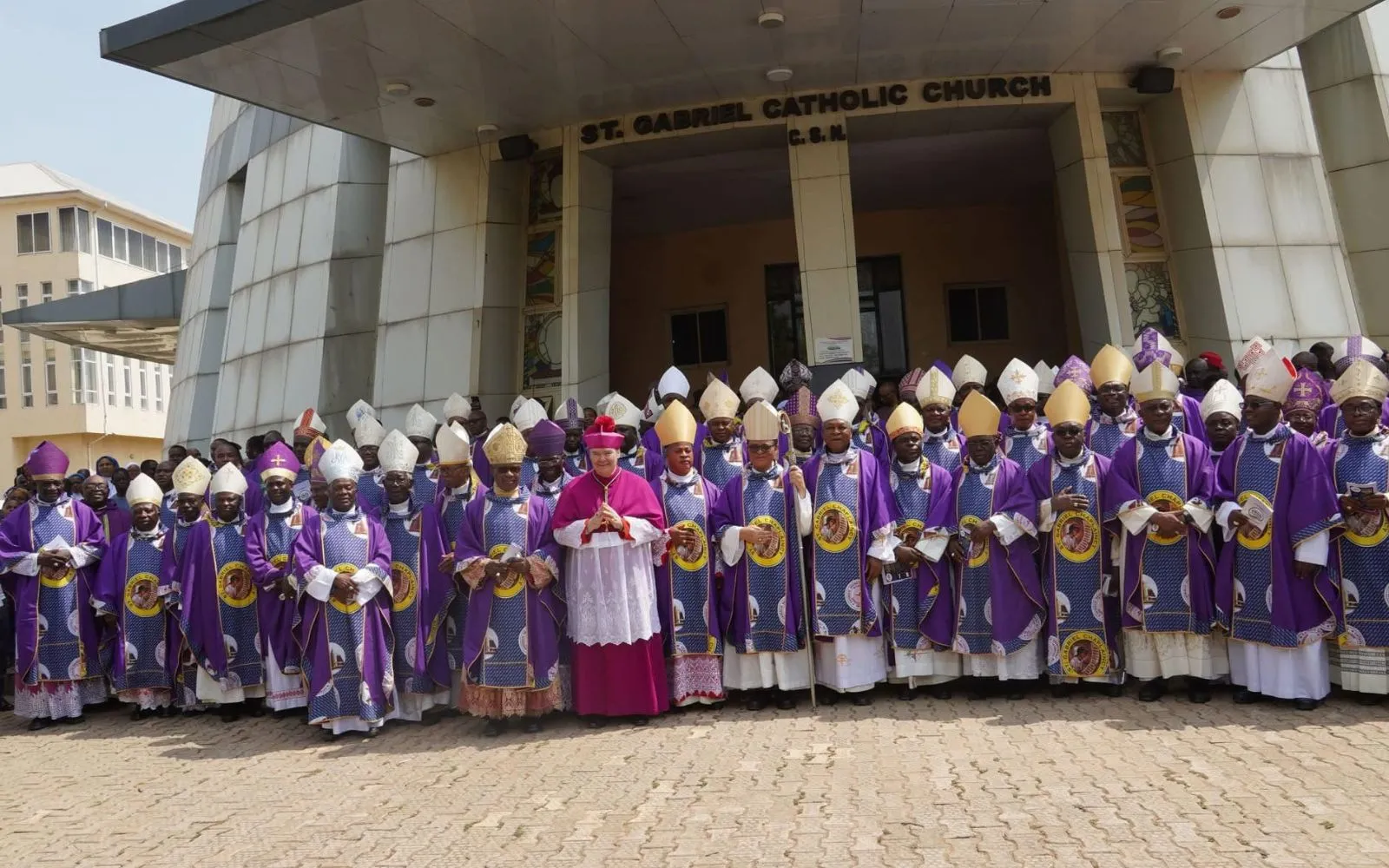He thanked Bishop Lagho for the Interfaith gesture during Ramadan saying, “We can celebrate one another and, in such opportunities, forge a common stand on issues affecting all of us.”

Concerning the rampant early marriages among communities on the Kenyan coast, Bishop Lagho expressed regret that there still exists “a very strong patriarchal mindset” among coastal people.
“Coastal people have always valued boys more than girls and it shows in the way that support structures are tilted in favor of the boy child at the expense of the girl child,” the member of the Clergy of Kenya’s Mombasa Archdiocese told ACI Africa April 28.
He said that men benefit from sexual abuses involving their underage daughters by opting for out-of-court settlement instead of having perpetrators of the acts prosecuted in court. Fathers choose to be awarded hefty compensations in the alternative settlement instead, thus encouraging the vice.
(Story continues below)
There are high levels of poverty at the Kenyan coast as families that are also filled with children who dropped out of school, with some choosing to be married early in life.
Due to poverty, some girls in puberty are lured by young men who buy them safety pads in exchange for sexual favors. To address this challenge, vulnerable girls are supported through Project 720, a WhatsApp group that the Catholic Justice and Peace Commission (CJPC) of the Diocese of Malindi initiated to rally for donations of KES.720.00 (US$7.00) to buy a carton of sanitary pads for the girls.
In his new Pastoral and Social Ministry as the head of the Catholic Diocese of Malindi, Bishop Lagho plans to create a parenting initiative for young girls in the region by bringing on board social workers, teachers, religious leaders and other groups across the religious divide.
The Bishop especially wishes that leaders of various religions in the region speak the same language concerning the “marriageable age.”
“Marriageable age for Christians has always been 18 years while for Muslims, one can get married once they reach puberty. The same goes for African traditional followers,” he explains, and adds, “This is one area we all need to agree on.”
“It doesn’t work that when sexual abuse involves a minor, the law of the land is usually circumvented by traditional religious leaders where most cases are solved out of court, encouraging the vice,” he says.

Strategies to protect the girl child will include Religious leaders using the pulpit to sensitize communities on the dangers of early marriages and the benefits of educated girls, Bishop Lagho shares.
Women who went against all odds and became successful will also be invited in local primary and secondary schools to give talks to their younger sisters. These campaigns will also include young boys to teach them about respecting their sisters and supporting them through their studies.
Most importantly, rescue centers have been created around the Diocese to provide safe spaces for young boys and girls who run away from demeaning cultural practices such as forced marriages.
Facilities in the rescue centres include vocational training centres to equip the young people with skills to support themselves financially.
Speaking about his vision for the girl child within the Diocese of Malindi, Bishop Lagho says, “We know we may take a while to accomplish what we wish to achieve. We realize that success doesn’t come in a day or two but with every candle you light, it illuminates the few people around it and those who see the light eventually show it to others.”
Agnes Aineah is a Kenyan journalist with a background in digital and newspaper reporting. She holds a Master of Arts in Digital Journalism from the Aga Khan University, Graduate School of Media and Communications and a Bachelor's Degree in Linguistics, Media and Communications from Kenya's Moi University. Agnes currently serves as a journalist for ACI Africa.











